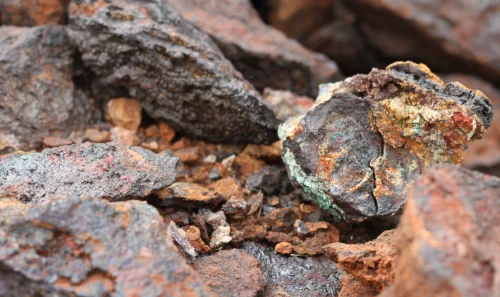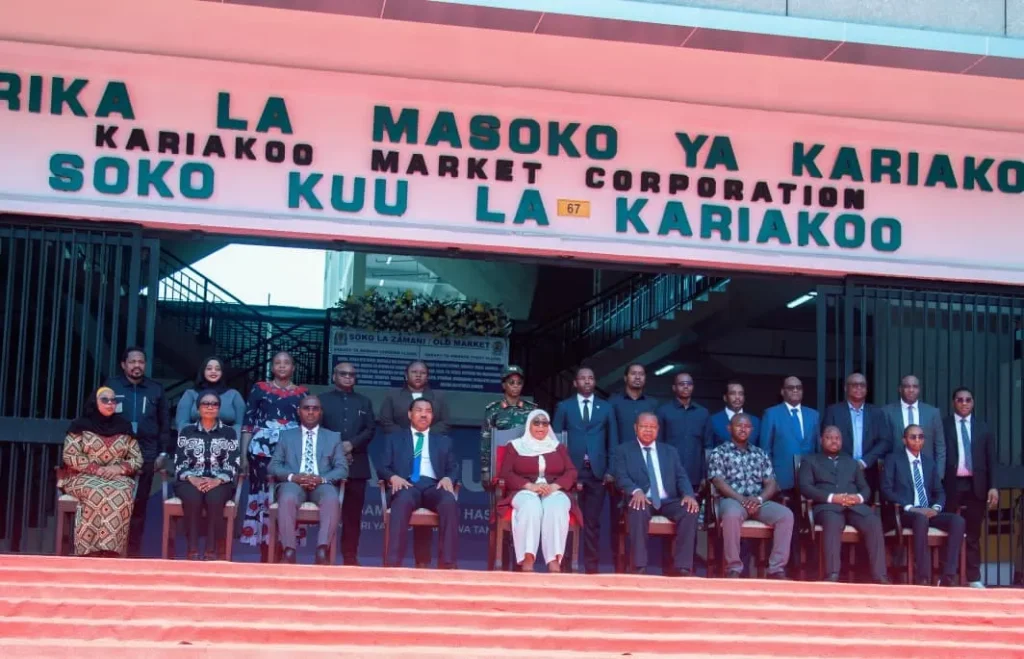The Democratic Republic of Congo (DRC), the top supplier of cobalt worldwide, will lift its export suspension on October 16, 2025.
Officials unveiled a quota plan to manage how much of the key battery metal leaves the country and to influence international pricing.
Export Caps Set for 2025 and Beyond
From October through December 2025, companies will be permitted to export up to 18,125 tons of cobalt.
That cap will climb to 96,600 tons annually in 2026 and 2027, giving the government leverage to regulate market flows and maintain price stability.
Why the Ban Was Imposed
The original halt came in February 2025, when cobalt prices plunged to their lowest level in nearly a decade.
The slump led major miners, including Glencore, to declare force majeure and pause operations due to the unstable market.
Mixed Industry Response
Glencore has welcomed the quota plan, saying it could reduce oversupply and help prices recover.
But rival producer CMOC has warned the restrictions may disrupt its operations and trade commitments.
Conflict and Illegal Mining Complicate Oversight
Armed unrest in eastern Congo, particularly involving M23 rebels, has intensified illegal extraction of cobalt and made it harder to ensure ethical sourcing.
This instability threatens the credibility of global supply chains.
Artisanal Mining Still a Challenge
Informal small-scale mining continues to supply a portion of Congo’s cobalt, creating further hurdles for companies trying to certify responsible production and traceability.
Priority for Domestic Use
Ten percent of permitted exports will be allocated to major national projects under the new policy.
Authorities also retain the option to buy back excess stock from firms exceeding their assigned quotas.
Room for Adjustments
Officials say the quota system may be revised if cobalt prices shift significantly or if the country expands local processing capacity, ensuring policy can adapt to global and domestic market changes.
READ ALSO: Brenda Biya Opposes Father’s Re-Election Bid






